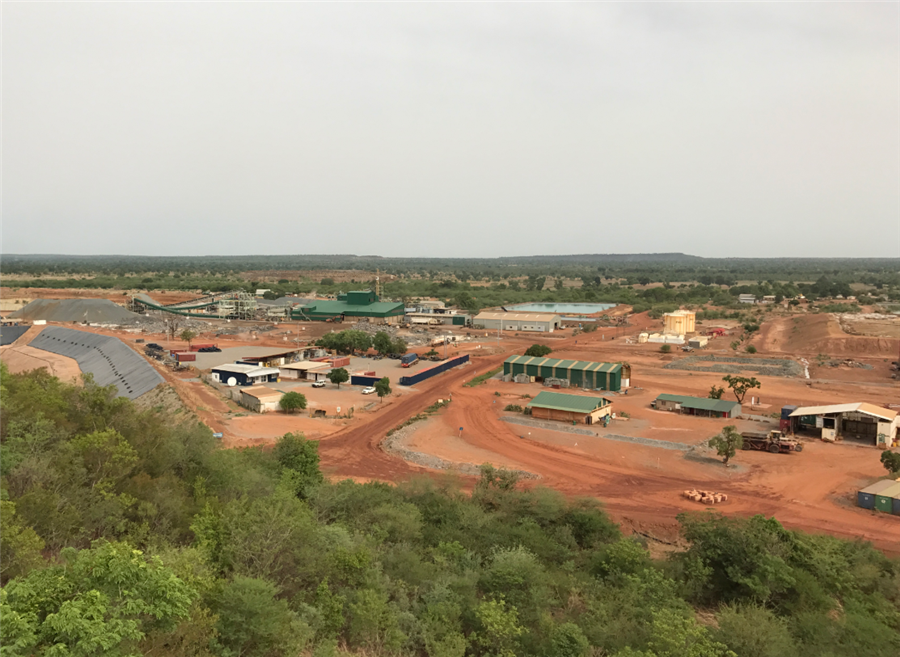
“We are deeply saddened by this unexpected event,” the company’s CEO Ricus Grimbeek said in a press release on April 18. “Our immediate focus is on search and rescue. We will provide further updates as the situation unfolds and we determine the cause of the flooding event. Our thoughts are with the family, friends, and colleagues that have been impacted.”
Located in the Sanguie province, about 120 km west of the capital city of Ouagadougou, the Perkoa mine produced 316.2 million payable pounds of zinc in 2021 and generates the bulk of the company’s revenue.
“While it is difficult to know the extent of the flooding, potential damage, necessary remediation, as well as a timeline for an appropriate investigation, at this time, we have assumed the Perkoa mine is closed for 30 days,” BMO analyst Rene Cartier wrote in a research note to clients. “Perkoa is estimated as over 50% of Trevali’s payable zinc production. Added costs and Perkoa not producing could potentially extend pressures.”
Scotiabank analyst Orest Wowkodaw echoed a similar sentiment. “We currently forecast Perkoa to yield 72,000 tonnes of contained zinc this year, representing 52% of the company’s total output and 0.5% of global mine supply.”
A Mckinsey report published in 2020 stated that flooding from extreme rains could cause mine closures, a rise in unsafe water levels in tailing dams and affect commodities like iron ore and zinc due to their location. These metals are the most exposed to extremely high flood occurrence at 50% and 40% of global volume, respectively.




